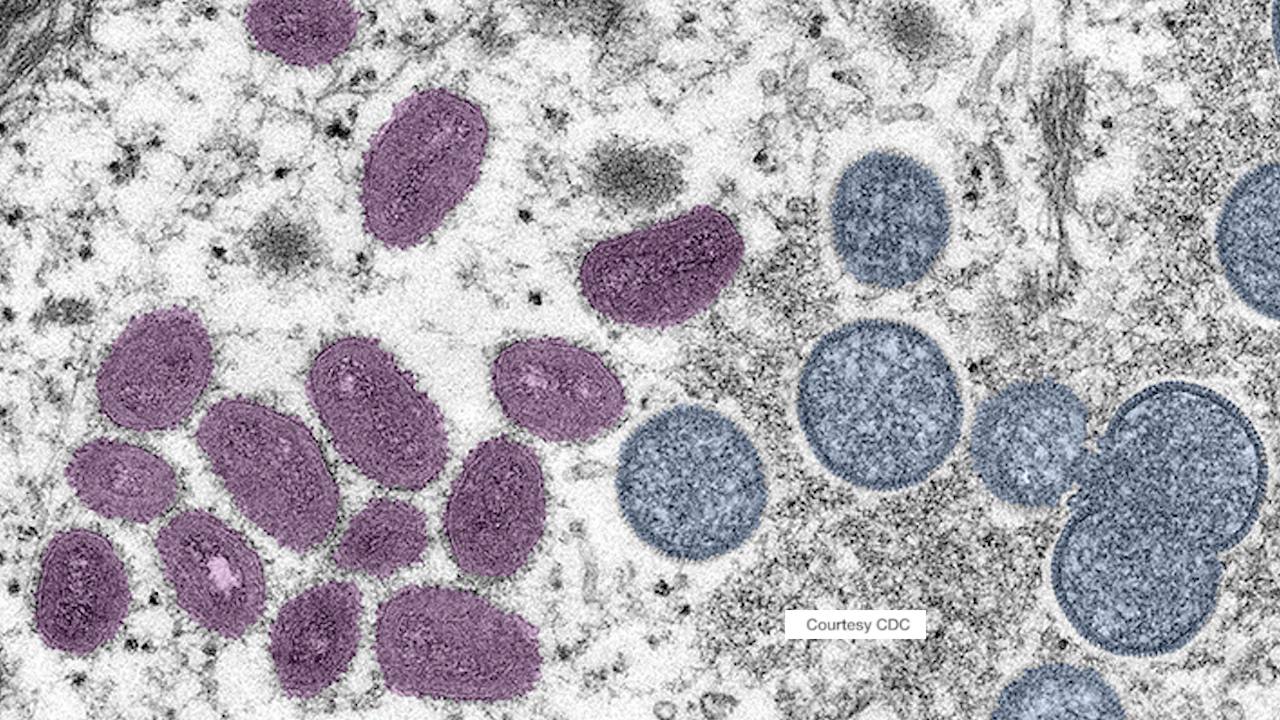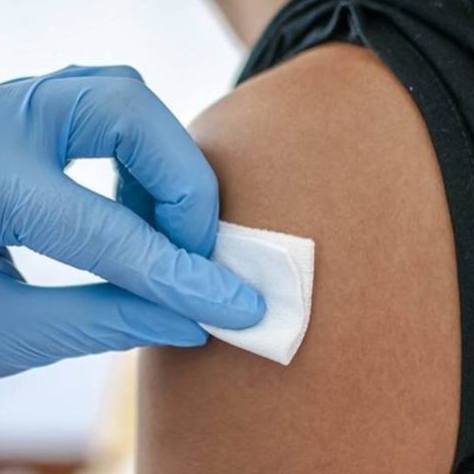-
Infectious Diseases
(VIDEO) Mayo Clinic expert answers questions about mpox

The World Health Organization (WHO) has declared mpox, previously called monkeypox, a public health emergency of international concern. Dr. Matthew Binnicker, director of the Clinical Virology Laboratory at Mayo Clinic, says that means that there are significant enough cases and severity of disease in Africa with potential for the virus to spread to other countries that WHO felt it was appropriate to raise the level of awareness and concern about the virus.
Watch: Mayo Clinic expert answers questions about mpox.
Journalists: Broadcast-quality sound bites are available in the downloads at the bottom of the posts. Name super/CG: Matthew Binnicker, Ph.D./Laboratory Medicine and Pathology/Mayo Clinic
"Really what it does is it puts the wheels in motion for countries to be able to work together; for vaccines to be shared where they're needed, most predominantly in Africa; for data to be shared across countries, across public health agencies, so that we can work more as a global community to prevent mpox from becoming a big problem," he explains.
Dr. Binnicker says it hasn't yet reached the point where there is broad, widespread transmission outside of Africa. However, there have been cases reported in other countries.
"The world is a small place. Global travel can bring an individual from one country on the other side of the world to our neighborhood in less than 24 hours. So when we see issues like mpox, the whole world needs to take notice and plan and be prepared because the speed at which these viruses and other infectious diseases can travel, it's as short as a plane ride," says Dr. Binnicker.
What is mpox?
Mpox is a rare disease caused by monkeypox virus. This virus is believed to naturally reside in small mammals in Africa, but it can be transmitted to humans from animals or other humans with mpox.
"When humans are infected, they can come down with a flu-like illness initially and subsequently a rash and swollen lymph nodes. Sometimes the rash can be quite severe. If the virus spreads to different organ systems, it can cause death in some cases," he says.
Dr. Binnicker says the most recent 2024 outbreak is caused by the more severe form (i.e., clade I) of monkeypox virus, which has a mortality rate up to 10%.
Vaccination may be recommended for those who come in contact with others who have mpox or those who might be at highest risk, such as pregnant individuals and those who have unprotected sex with multiple partners, in order to prevent transmission and provide protection from severe illness.
Prevention
Take these steps to prevent infection or transmission of monkeypox virus:
- Avoid close contact with people who have a rash that looks like mpox.
- Avoid handling clothes, sheets, blankets or other materials that have been in contact with an animal or person with mpox.
- Talk to your healthcare team about whether mpox vaccination would be recommended for you.
- Isolate people who have mpox from healthy individuals.
- Wash your hands well with soap and water after any contact with an infected person or animal.
- Seek medical attention if you develop a flu-like illness and rash, especially after traveling to Africa or coming into contact with a person who has been diagnosed with mpox.
Related Articles







